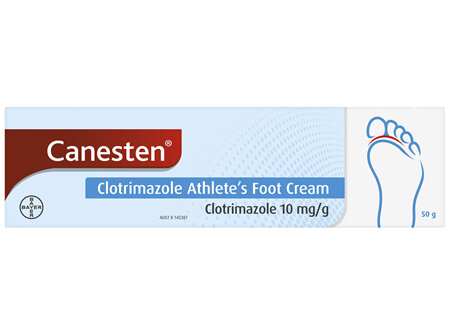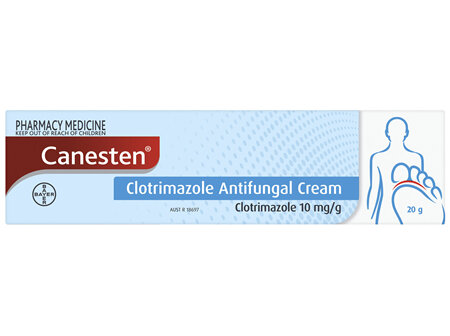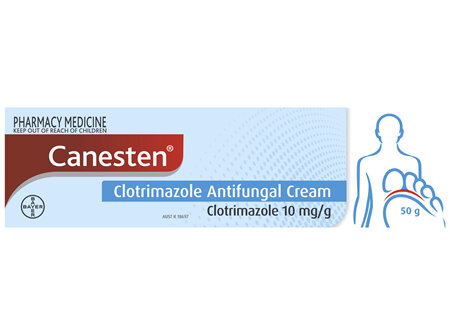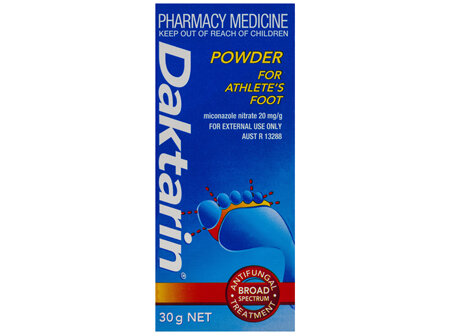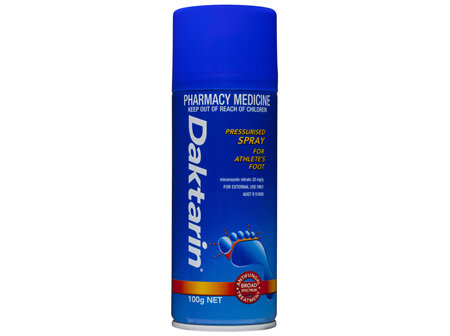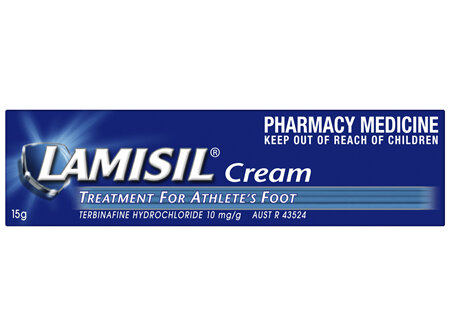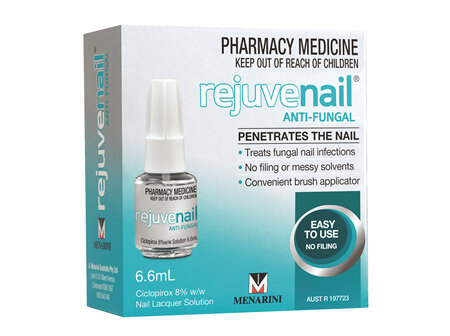Ringworm is a fungal infection caused by the tinea fungus, not a worm. It is spread by skin contact with someone who has the infection, or from a pet that also has this skin infection. The ringworm fungus can spread from one area to another if not treated, or from person to person.
The most common way to catch ringworm is from infected kittens or cats as children and adults hug and cuddle the animals, unaware that the pet has the infection.
Ringworm usually affects the skin on the arms, legs and body, but it can also spread to the scalp or other hairy areas. Infected skin has a round scaly patch, with a raised reddened edge and a paler centre. The rings of infected skin are often very itchy and if the skin is broken then further infections may develop on top of the fungal infection. Ringworm causes bald patches as the hair or fur falls out if the infected area is normally hairy in both animals and people. The hair or fur usually grows back once the infection has been successfully treated. More severe infections may also affect the nails which may discolour and thicken.
If you see an unusual rash on an area of skin or scalp, consult your community pharmacist immediately. Ringworm is easily diagnosed by examining the area. Once diagnosed in one person it is helpful to also look at the skin of other people that person is in contact with. You should also examine the skin and fur of any household cats and dogs, looking for bald patches, as they will also need treatment to prevent further infections developing.
Treating ringworm in the early stages before it spreads widely is simple and effective. Specific antifungal creams and lotions are used, depending on the area affected, and when applied regularly will clear an infection within a few weeks.
Widespread ringworm infections may need to be referred to a doctor as antifungal tablets may need to be prescribed. These medicines are very effective when taken as prescribed. If the skin has been broken and other infections have occurred on top of the ringworm, then antibiotics may also need to be prescribed to treat that infection.
Infected pets will need to be treated on the advice of a vet, not by using preparations for people, so do not share any ringworm medicine between animals and people. Don’t share any clothing, combs and brushes with someone who has ringworm, as this may also help to spread the infection to another person.
Your community pharmacist is able to advise you about the correct treatment of ringworm. They can also advise you how to keep you, your family and your pets free from reinfection.


